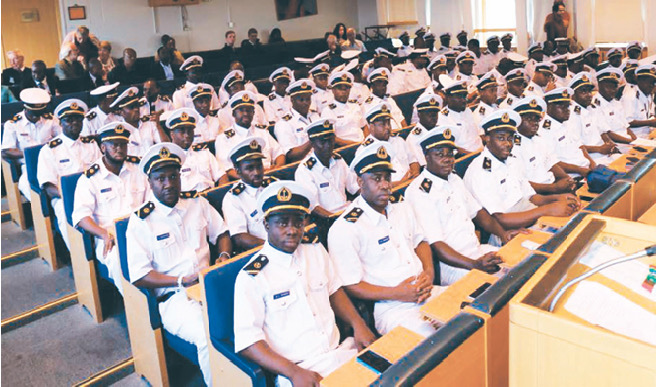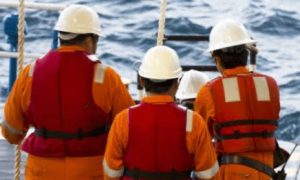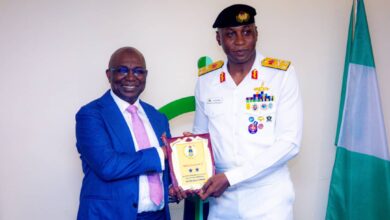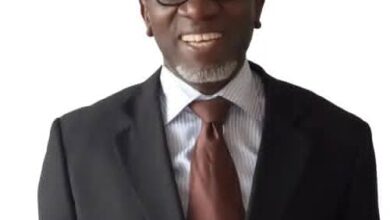
A Nigerian seafarer has issued a passionate and urgent plea to President Bola Ahmed Tinubu, raising alarm over what they describe as systemic exclusion, exploitation, and neglect in the country’s maritime sector.
In an open letter written by Charles David Tanko , posted on LinkedIn titled “Mayday! Mayday! A Distress Call from Nigerian Seafarers,” the maritime professionals called on the President to intervene before the industry collapses under the weight of injustice and failed policies.
According to Tanko many seafarers are certified and qualified, yet they are being denied job opportunities in their own territorial waters due to what they describe as “chronic abuse” of the Cabotage Waiver regime by officials of the Nigerian Maritime Administration and Safety Agency (NIMASA) and the waiver system, originally intended as a temporary measure to fill skill gaps, has become a long-term tool used to exclude Nigerians from maritime employment, they said.
The letter highlighted a growing sense of frustration and despair as foreign nationals continue to take positions that should be reserved for Nigerians under the Cabotage Act. Local shipping companies, they claim, flout the law with impunity, hiring less-qualified expatriates while Nigerian seafarers struggle to find placements despite being trained and licensed.

The seafarer also raised concerns over the quality of certification issued in Nigeria, especially the Near Coastal Voyage (NCV) certificates, which limits them to local waters and effectively disqualify them from international employment .Stressing that the limitation, combined with visa restrictions in major maritime nations like Saudi Arabia, Bahrain, and the UAE, has further diminished their global competitiveness.
Adding to their grievances , is the lack of basic worker protections, including the absence of medical insurance for locally employed seafarers , a critical issue in an industry fraught with occupational hazards. He also cited the unavailability of official discharge books and Seafarers’ Identity Documents (SID), which are crucial for tracking sea service and qualifying for higher certifications and international employment.
The letter condemned the high cost of mandatory training and certification, especially the STCW course’s which many seafarers find it financially impossible to upgrade their qualifications due to these prohibitive costs, creating a cycle of underemployment and professional stagnation.
Of particular concern is the fate of the Nigeria Seafarers Development Programme (NSDP) cadets, many of whom were trained in the Philippines. He revealed that despite completing their education and fulfilling requirements, many cadets remain stranded and unable to obtain their Certificates of Competency (CoC) due to bureaucratic delays and non-payment of fees by the government.
The letter concluded with series of heartfelt appeals to President Tinubu. These include calls for the upgrading of local certifications to international standards, diplomatic engagement to lift visa restrictions on Nigerian seafarers, enforcement of Cabotage compliance, mandatory medical insurance, access to identity documents and discharge books, subsidized training, and the elimination of discrimination in the sector. Tanko also urged the government to immediately approve CoC payments for NSDP cadets and to establish a pension scheme for seafarers who have served the nation at sea.











jfd2zz